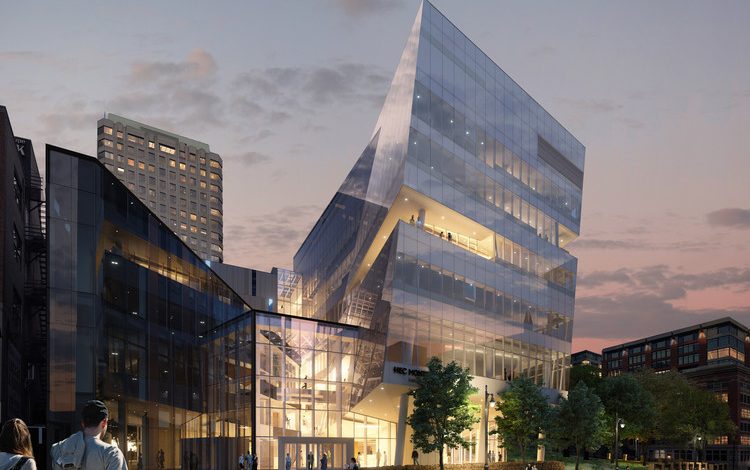Why Hire Industrial Architects in Montreal for Projects?

Industrial buildings are more than just warehouses or factories—they are highly functional spaces that must meet demanding operational needs while also considering safety, sustainability, and efficiency. Designing these facilities requires a unique blend of architectural expertise and technical knowledge. That’s why businesses often turn to industrial architects for their projects, especially in urban and growing hubs like Montreal.
Hiring industrial architects isn’t simply about creating a structure; it’s about building spaces that support productivity, streamline operations, and adapt to evolving industry demands.
The Role of Industrial Architects
Unlike general architects, industrial architects specialize in facilities such as:
- Warehouses and distribution centers.
- Manufacturing plants.
- Logistics hubs.
- Cold storage and food processing facilities.
- Research and development labs.
Their expertise lies in designing buildings that balance practicality with innovation. They ensure compliance with safety regulations, optimize workflow, and create spaces tailored to specific industrial processes.
Key Advantages of Hiring Industrial Architects
1. Operational Efficiency
A well-designed industrial building improves workflow by minimizing wasted space, reducing bottlenecks, and improving accessibility for both staff and machinery.
2. Safety and Compliance
Industrial facilities must meet strict codes related to fire safety, ventilation, hazardous materials, and worker protection. Industrial architects ensure full compliance.
3. Sustainability and Energy Efficiency
With growing environmental concerns, modern architects incorporate eco-friendly materials, renewable energy solutions, and efficient insulation systems into designs.
4. Flexibility for Future Growth
Well-planned facilities allow businesses to expand operations or adapt layouts as industries evolve.
5. Aesthetic and Branding Value
While functionality is critical, architects also design industrial spaces that reflect a company’s identity and create a professional image.
Why Montreal Businesses Benefit from Local Industrial Architects
Montreal is one of Canada’s most important commercial and industrial hubs, with a thriving logistics, technology, and manufacturing sector. Local architects bring several advantages:
- Knowledge of regional regulations – They understand Quebec’s zoning laws, building codes, and environmental standards.
- Cultural and economic insight – Local firms are familiar with the city’s industrial landscape and community needs.
- Strong regional networks – Relationships with local contractors, suppliers, and municipalities streamline the construction process.
Trusted Experts in Montreal
When selecting professionals, businesses often rely on firms with proven expertise in industrial projects. Many companies turn to industrial architects in Montreal Stendel + Reich, recognized for their ability to design facilities that are both highly functional and future-ready. With their experience, businesses gain not only efficient spaces but also strategic partners who understand the complexities of large-scale industrial projects.
Industries That Rely on Industrial Architects
Industrial architects serve a broad range of sectors in Montreal, including:
- Logistics and distribution – Warehouses designed for high-volume throughput.
- Food processing – Facilities that meet hygiene and safety standards.
- Technology and R&D – Spaces built for innovation and collaboration.
- Manufacturing – Plants tailored for machinery, automation, and workforce needs.
This versatility makes them essential partners for businesses of all sizes.
Final Thoughts
Hiring industrial architects in Montreal is about more than constructing a building—it’s about investing in spaces that drive productivity, safety, and sustainability. With specialized knowledge, local expertise, and a focus on long-term functionality, industrial architects help businesses design facilities that not only meet today’s needs but also anticipate tomorrow’s challenges.



